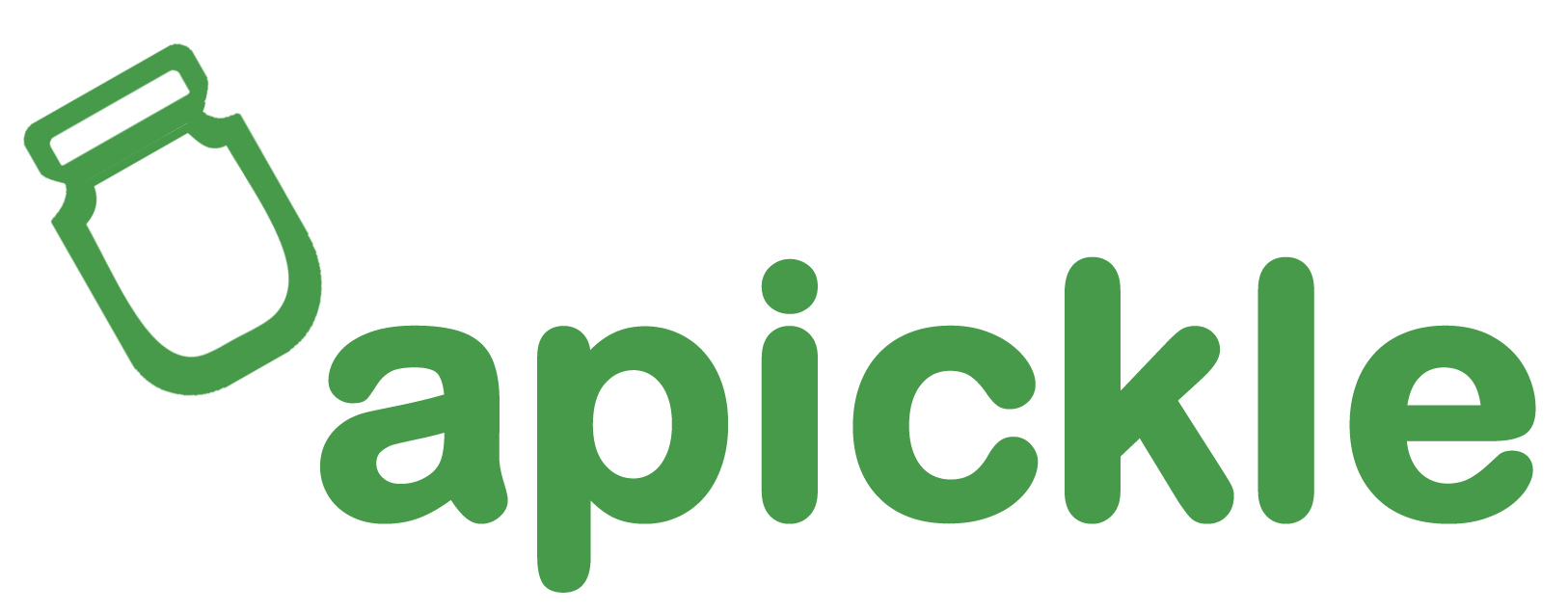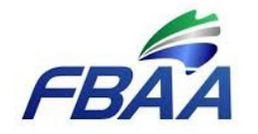Defining Merchant Cash Advance
Navigating the financial landscape can be a daunting task for many business owners, especially for startups and small businesses. With various options available to secure funds, understanding each alternative is crucial. Among these options, the Merchant Cash Advance (MCA) has been creating a buzz. But what is a Merchant Cash Advance? How does a Merchant Cash Advance work? Well, we’re here to break it down.
A Merchant Cash Advance is a unique, alternative form of business finance that has gained popularity, primarily among small businesses lacking substantial assets for security. This advance isn’t a loan; instead, it’s a forward payment against your business’s future income.
Unlike traditional bank loans that require collateral, the MCA is secured against future sales made through your card payment terminal. In return, a predetermined percentage of your credit card, debit card, or EFTPOS sales is automatically directed to repay the lender.
How Does a Merchant Cash Advance Work?
Having answered the question, “What is a Merchant Cash Advance?“, let’s delve into its workings.
1. Applying and Qualifying
The process begins with the business owner applying for an MCA. The lender then collaborates with your card terminal provider. By scrutinising your monthly sales and cash flow, the lender determines if you qualify for the advance. Businesses with healthy card sales revenue are likely to get approved, with the maximum amount typically equivalent to your average monthly card sales.
2. A Case Study: A Seasonal Business
To understand “how does a Merchant Cash Advance work?” better, let’s consider a hypothetical situation. An ice cream shop, for instance, experiences peak sales during summer. If their freezer malfunctions at the start of the season and they lack the funds for a replacement, an MCA could provide a solution. The lender, upon verifying their financial data and consistent card sales, could approve a loan to purchase a new freezer. This allows the business to operate as usual, repaying the lender with a portion of their card sales revenue.
3. The Repayment Process
Repayment is where MCAs shine. A fixed portion of your card terminal sales is automatically directed towards repaying your MCA. This never enters your bank account, eliminating any need for manual transactions. More importantly, this repayment model is adaptable to your business performance. It aligns with your cash flow, ensuring that the repayment is manageable during both peak and lean sales periods.
Pros and Cons of a Merchant Cash Advance
Understanding the advantages and potential drawbacks of MCAs can help businesses make informed decisions.
Advantages:
- Immediate Access to Funds: An MCA can provide funds swiftly, requiring minimal paperwork and quick decision-making based on easily accessible financial data.
- Flexibility and Ease: MCAs offer automatic repayments from card transactions, removing the need to remember due dates. During slow sales periods, smaller payments mitigate financial strain.
Disadvantages:
- Business-Specific: MCAs are tailored to businesses with substantial card sales. Those with cash sales or invoice payments might not find MCAs beneficial.
- Higher Interest Rates: MCAs can come with steep interest rates, reaching up to 20% per annum.
- Limited Borrowing Amounts: The borrowing limit, based on average monthly card sales, might not suffice for all business needs.
Are There Alternatives to Merchant Cash Advances?
If an MCA does not seem like the best fit for your business, remember that other fast, easy financing options are available. Unsecured fast business loans, for instance, have gained popularity among small business owners. The application process is typically quick and straightforward, making it a viable option for those in need of speedy funding.
Now that we’ve decoded “What is a Merchant Cash Advance?” and explained “how does a Merchant Cash Advance work?”, you’re better equipped to make an informed decision. Whether an MCA is right for your business depends on your specific needs and financial profile. Stay tuned for more insights on business financing options to support your decision-making process and boost your business growth, and you’ll see why we’re kinda a big dill!



